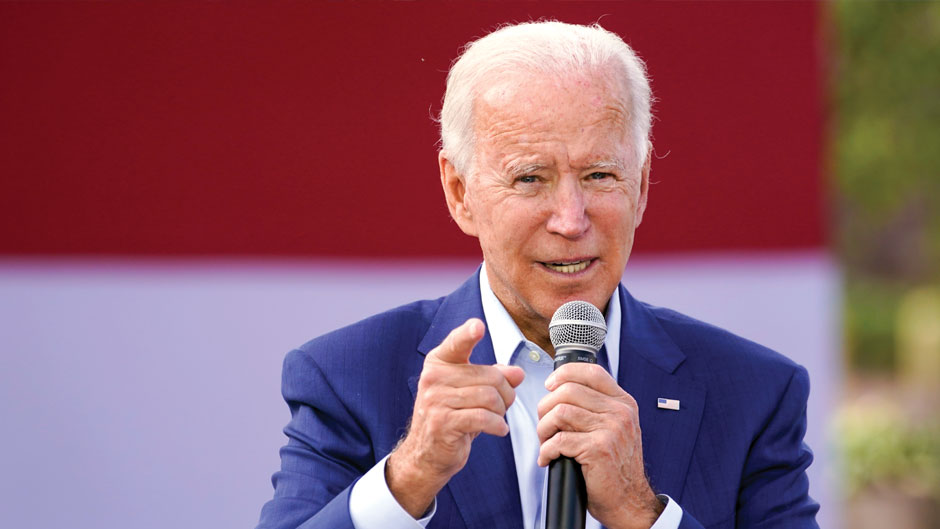For former Vice President Joseph Biden to win the first presidential debate, he must reassure prospective voters that he has the vitality and acuity necessary to serve as commander in chief; he would be a safe pick (i.e., he is not a socialist and not a puppet of others more liberal than he); he would provide strong and competent leadership, especially during crises including COVID-19; and he would be an effective steward of a new, more-inclusive economy. He should establish that he opposes defunding police although he recognizes the need for change, and that he opposes violence from all sides.
Strategies: In order to achieve the aforementioned objectives, Biden should target three overall strategies—define himself personally, define himself politically, and avoid the tense confrontation that personifies the noise of the political system.
Personal Introduction: It is surprising that despite nearly 50 years in public life, a significant number of possible voters report that they do not know much about Biden. The presidential candidate should introduce himself and relate his personal narrative, sharing the hardships and tragedies he has overcome. His personable and empathetic style of delivery will be important in revealing his personality and demeanor. His likability ratings far exceed Trump’s, and that may be his greatest key to winning.
Political Introduction: The democratic presidential nominee will be well served by offering his vision of the role of president and by revealing himself as a hard-working and reliable leader with a wide range of competencies and experience—including the ability to carefully study a problem and work with others in order to solve it. More importantly, he should promise to be a unifier, the president of “everyone.” His vision should offer an assessment of the role of his presidency in achieving a new and better economy which serves all United States residents and reinvigorates the middle class.
Above the Fray: Trump is likely to repeat the confrontational style he often takes with reporters and he used in his debates in 2016. Biden should strive to be assertive, not aggressive, and limit interruptions. Instead, he can rely on reaction shots to (subtly) express disapproval or disagreement. A raised eyebrow can be much more effective than an aggressive exchange. As much as possible, he should ignore his opponent, focus on the camera, and work to command the stage with cool confidence. Trump is likely to shoot misinformation and inaccuracies and say some things that just won’t make sense. Biden should only sparingly attempt to fact-check Trump’s assertions, offering a coherent counter narrative rather than line-by-line answers.
Themes: Two themes should run through Biden’s bid for the presidency. First, what you think is true, is true. We are experiencing crises on many levels. The pandemic is real. The climate crisis is real. Systematic racism is real. Crime and violence are occurring. And Donald J. Trump is president. He owns that. Second, Biden is the change that is needed. He is competent and engaged, can provide leadership, and will bring people together. While it might seem unseemly to use Ronald Reagan’s famous campaign slogan, “Are you better off now than you were four years ago?”, it would fit.
David L. Steinberg is the director of debate and an associate professor of professional practice in the University of Miami School of Communication.

